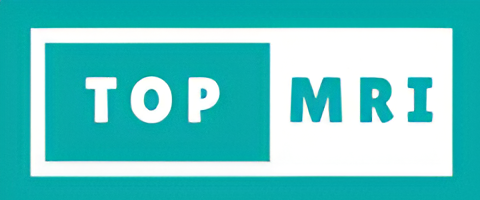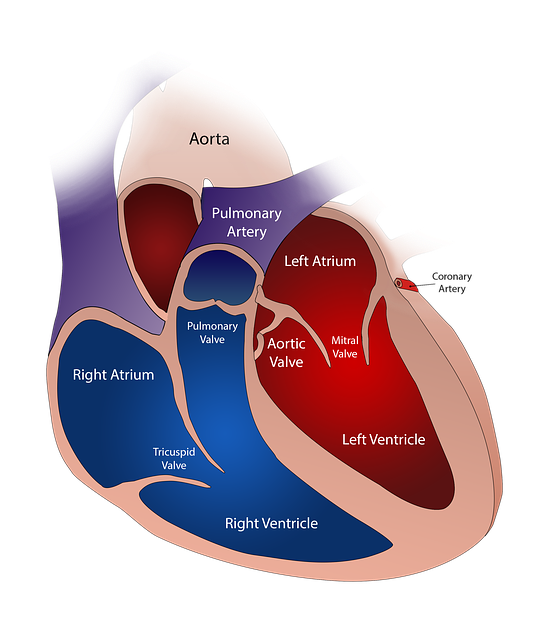
CT Coronary Angiogram: A Lifesaving Imaging Technique

Introduction
In recent years, medical advancements have revolutionized the diagnosis and treatment of cardiovascular diseases. One such breakthrough imaging technique is the CT Coronary Angiogram (CTCA), which has proven to be a lifesaver for individuals at risk of heart conditions. This non-invasive procedure provides detailed images of the heart’s blood vessels, allowing healthcare professionals to identify and assess potential blockages or narrowing in the coronary arteries. Let’s delve deeper into the benefits of CT Coronary Angiogram and how it can save lives.
What is a CT Coronary Angiogram?
A CT Coronary Angiogram is a specialized imaging procedure that employs computed tomography (CT) technology to visualize the coronary arteries. It involves injecting a contrast dye into the patient’s bloodstream and capturing detailed images using a CT scanner. These images provide a comprehensive view of the coronary arteries, helping doctors diagnose and evaluate conditions such as coronary artery disease (CAD), arterial plaque buildup, and potential blockages.
Non-Invasive Nature
One of the key advantages of CT Coronary Angiogram is that it is non-invasive, meaning it does not require any surgical incisions or catheter insertions. Unlike traditional coronary angiography, which involves threading a catheter through the blood vessels, CTCA eliminates the need for such invasive procedures. This significantly reduces the associated risks, discomfort, and recovery time for patients.
Accuracy and Early Detection
CT Coronary Angiogram offers exceptional accuracy in diagnosing coronary artery disease. The detailed images obtained through this technique enable healthcare professionals to identify even minor blockages or narrowing in the coronary arteries. Early detection of such conditions plays a crucial role in preventing heart attacks, as timely intervention and lifestyle modifications can be implemented to manage the condition effectively.
Rapid and Efficient Procedure
Compared to traditional angiography, CT Coronary Angiogram is a relatively quick procedure. It can be completed within a matter of minutes, enabling healthcare providers to promptly assess a patient’s cardiovascular health. The efficiency of CTCA allows for quicker diagnosis and subsequent treatment, potentially saving valuable time in critical situations.
Reduced Risks and Complications
Given its non-invasive nature, CT Coronary Angiogram carries fewer risks and complications compared to invasive procedures. The absence of surgical incisions minimizes the chances of infections, bleeding, or other complications associated with invasive interventions. Consequently, individuals who may be at higher risk or have contraindications for traditional angiography can benefit from the safety and accuracy of CTCA.
Patient Convenience and Comfort
CT Coronary Angiogram offers enhanced convenience and comfort for patients. The procedure does not require an overnight hospital stay, allowing individuals to return to their regular activities soon after completion. Moreover, the absence of discomfort associated with invasive procedures makes CTCA a preferred choice for many patients, reducing anxiety and improving overall patient experience.
Conclusion
CT Coronary Angiogram has emerged as a valuable diagnostic tool in the field of cardiology. Its non-invasive nature, accuracy, early detection capabilities, and reduced risks make it a powerful imaging technique for assessing coronary artery disease and related conditions. By providing detailed images of the heart’s blood vessels, CTCA enables healthcare professionals to make timely interventions, potentially saving lives. As medical technology continues to advance, CT Coronary Angiogram remains at the forefront of cardiovascular care, revolutionizing the way we diagnose and manage heart conditions.
Prices
Prices include CT Coronary Angiogram and CT Calcium Score Scan, scan images in a digital format and written radiologist reports. If you are self referring then there will be an additional charge of £25 for referral and results explained by a UK Registered private GP.
| Location | Price | Usual Wait Time |
|---|---|---|
| Canary Wharf, London, E14 4HD | £1,350 | 2 to 3 days |
| Orpington, Bromley, Kent, BR5 3TW | £1,070 | 2 to 3 days |
| Harley Street, London, W1G 7HE | £900 | 10 to 12 days |
| Whythenshaw, Manchester, M23 9LT | £900 | 10 to 12 days |
Disclaimer: The content on this website is not intended to be a substitute for professional medical advice, diagnosis, or treatment, and does not constitute medical or other professional advice.